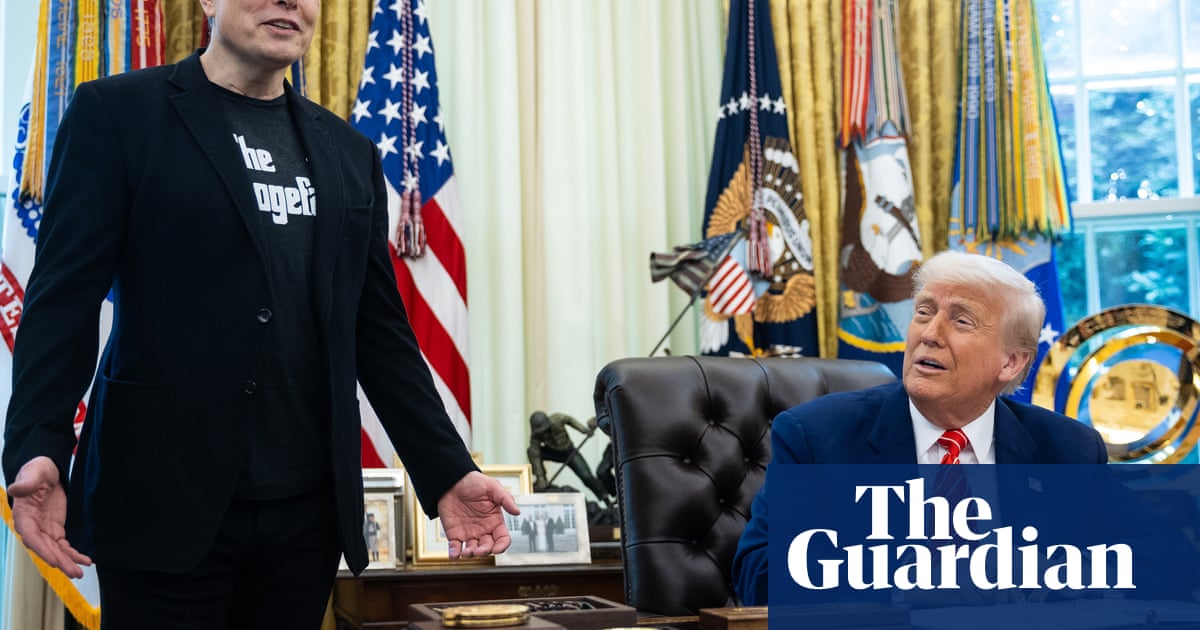The recent invitation to Pakistan’s Chief of Army Staff, General Syed Asim Munir, for the US Army Day celebrations on June 14 has sparked concern in India. This event hints at a revival of old ties between the US and Pakistan, stirring unease in New Delhi.
This isn’t just a routine invitation. It comes on the heels of comments from General Michael Kurilla, head of US CENTCOM, who praised Pakistan as a “phenomenal partner” in counter-terrorism. He noted Pakistan’s cooperation with efforts against groups like the Islamic State–Khorasan Province (IS-KP).
However, Indian defense analysts have expressed strong criticism of this view. Lt Col Manoj K Channan (Retd) highlighted Pakistan’s history of harboring terrorists, suggesting that US praise ignores the real threats posed by Islamabad: “From offering sanctuary to Osama bin Laden to shielding the masterminds of attacks like 26/11, Pakistan’s role in terrorism is well-documented.”
India traditionally has no issue with US-Pakistan relations but is concerned about what it perceives as equating Pakistan’s actions with those of India, a nation actively fighting against terrorism. Channan argues that this duality creates confusion: “If Washington genuinely sees India as a strategic ally, it must recognize the difference between a state that combats terrorism and one that supports it.”
This situation feels familiar, echoing past moments when the US has engaged with Pakistan despite its troubling record. The fear is that this pattern might repeat itself as the US recalibrates its focus on countering China. With Pakistan’s strategic location and ties to China’s Belt and Road Initiative, renewed US interest is evident.
Yet, the US is cautious. Pakistan’s close connection with China complicates matters, leading to selective partnerships rather than full alignment. Analysts have pointed out that while the US seeks to strengthen ties with India to counterbalance China, it simultaneously legitimizes Pakistan, which could erode trust and shared goals.
Experts urge India to reassess its strategy. According to Channan, “India is increasingly surrounded by instability, and this requires a reevaluation of its foreign relations.” Citing Henry Kissinger’s famous line, “To be America’s enemy is dangerous, but to be its friend is fatal,” he calls for India to diversify its partnerships beyond the US. Engaging with nations like France, Israel, and Japan may create a more balanced foreign policy.
While Pakistan is expected to solicit investment in its resource-rich areas, Indian officials remain wary. They suspect that Pakistan might try to internationalize the Kashmir issue, which India sees as strictly bilateral. This context makes General Munir’s visit particularly sensitive, as it symbolizes an embrace of a figure associated with anti-India rhetoric.
The bottom line for India is clear: engaging with the US demands a realistic approach. As international dynamics shift, India must maintain a balance between its aspirations and security interests.
In recent surveys, many in India worry about growing ties between the US and Pakistan. This sentiment reflects a broader unease with how international relationships evolve, highlighting the need for strategic clarity amidst changing global landscapes.
Source link
Block Home Page,BN,General Asim Munir,Pakistan Army Chief,US Invite





















